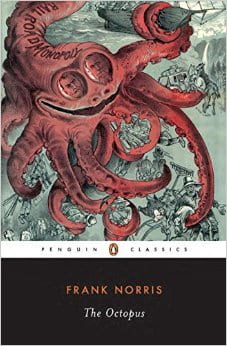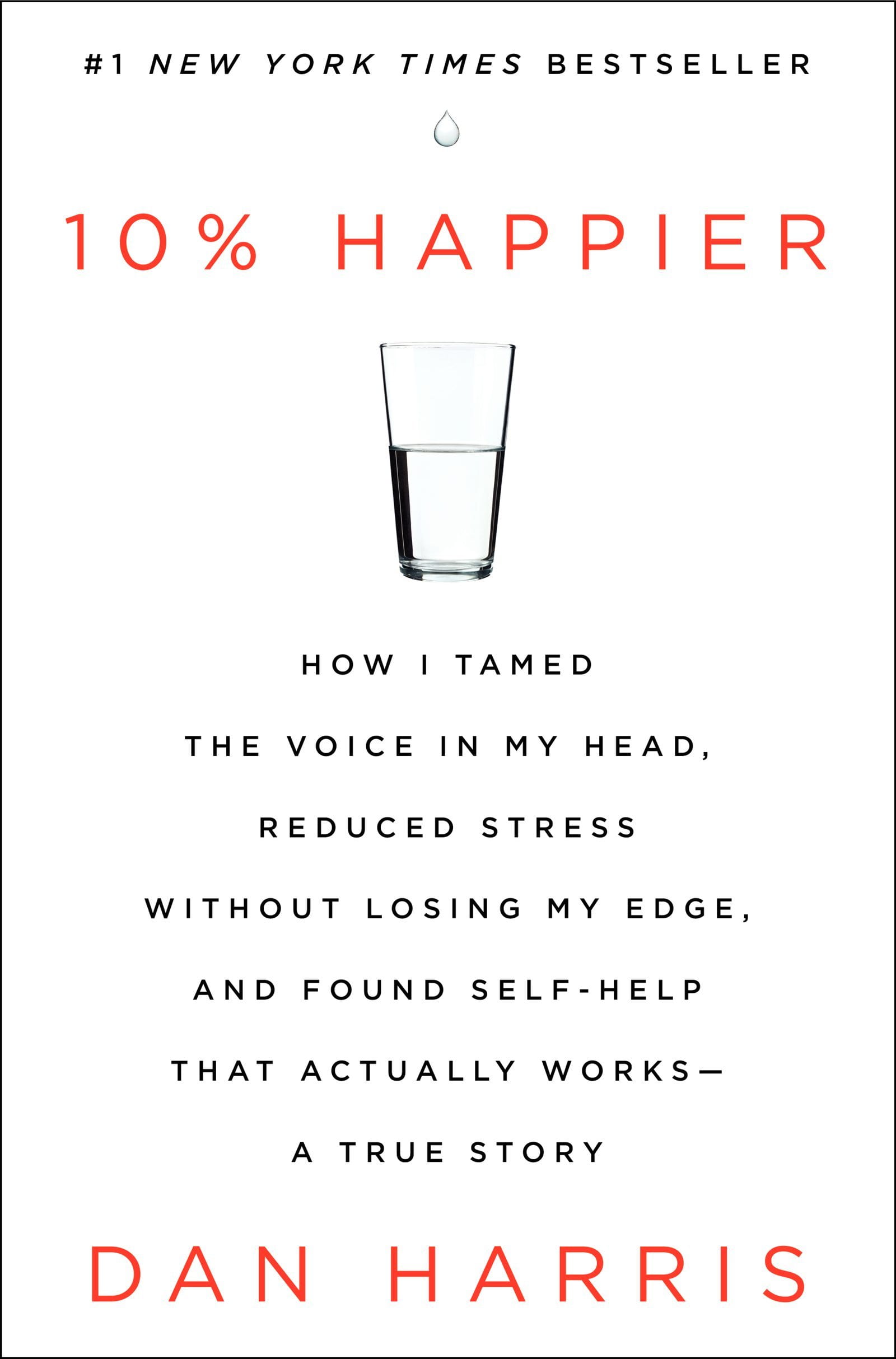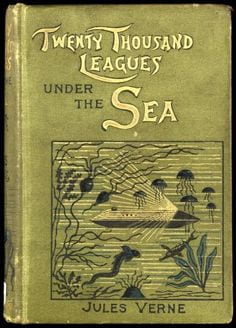In case you haven’t found something interesting to pick up in our last few posts on summer reading, here’s one more!
 The Octopus: a story of California by Frank Norris (also available as an ebook)
The Octopus: a story of California by Frank Norris (also available as an ebook)
Last winter I took a class with Prof. Kevin Starr, USF ’62, former state librarian and USC history professor, called “California: A Social and Cultural History.” Prof. Starr included a three-page reading list on California history. I’ve read a few of them and plan to read more. It would be lofty goal to read them all! Some of my classmates read Frank Norris’s Octopus, published in 1901 about how the expansion of a railroad affected farmers, so I’m starting with that one. Read more about Norris on PBS’ website.
— Cynthia McCarthy, San José Branch Librarian
 10% happier : how I tamed the voice in my head, reduced stress without losing my edge, and found self-help that actually works–a true story by Dan Harris.
10% happier : how I tamed the voice in my head, reduced stress without losing my edge, and found self-help that actually works–a true story by Dan Harris.
I saw an interview Dan did with Diane Sawyer about his book and thought it looked interesting. Dan is the anchorman for ABC’s Nightline. After having a panic attack on air, he decided he needed to make some changes in his life. He writes about attending a ten day mediation retreat that changed his life and as he says it made him 10% happier. Dan is very candid about his professional and private life. The book is well-written and funny!
— Gwen Sparman, Sacramento Branch Library Assistant
 Twenty thousand leagues under the sea by Jules Verne (also available as an ebook)
Twenty thousand leagues under the sea by Jules Verne (also available as an ebook)
This is a 2-for-1! I just finished reading Anthony Doerr’s All the Light We Cannot See, which recently earned the Pulitzer Prize in Fiction. It is a lushly written novel with a multifaceted and suspenseful plot. The book follows Doerr’s main characters most closely — Marie-Laure, a young French girl who is blind, and Werner, a German orphan who is recruited by the Nazis to locate radio transmissions during WWII. The ocean is a reoccurring presence in this novel, and at one point Marie-Laure receives a braille version of Jules Verne’s 20,000 Leagues Under the Sea as a gift. I loved Marie-Laure’s character – her courage, intelligence, and the very unique way she necessarily experienced the world (I like Werner’s character, too, but that’s a story for a different blog post). ML’s reading of Verne’s science fiction adventure novel, which was originally published in 1869 as serial installments, piqued my interest. I wasn’t completely sold on tackling this French classic until I heard USF’s Arts and Science Graduation Commencement Speaker and Honorary Degree Recipient – “Her Deepness,” the Marine Biologist Dr. Sylvia Alice Earle – discuss her own passion and concern for our oceans. The confluence of Dr. Earle’s graduation address and Marie-Laure’s story – I’m taking it as a sign: Go to the sea this summer! So, Vingt mille lieues sous les mers: Tour du monde sous-marin – here I come! In a good English translation, of course!
— Colette Hayes, Assistant Librarian
